Wellbeing is complicated. Like junk food and cigarettes, we need professionals to explain it to us, maybe with an expensive advertising campaign and electric shocks, like during Covid. To help, we now have Measuring What Matters, our new Wellbeing Index, which fits neatly into society’s hurtling cultural obsession with the vibe on pretty much everything. Though vibe probably needs a capital ‘V’, just to emphasise the point.
You don’t get practical politicians like Margaret Thatcher anymore who said the problem is we are governed by people who care more about their feelings than they do about thoughts and ideas. I think these days the real issue is politicians who want to look like they are interesting and get invited on The Project. Rather than a patriotic call to action (noting patriotism is clearly not ‘on vibe’ these days) this new report poses the question like that needy, interfering best friend discussing your latest disastrous relationship that survives because of the sex: ‘are you happy?’ Though of course, like that friend, it isn’t really asking, it’s telling.
The report is being criticised for its out-of-date information, but this is like that same friend getting progressively drunker and picking faults in your girlfriend and talking about your poor lifestyle choices even as he asks for her number. Afterall they only mean well. But as appearing to be busy, is a key source of national interest defined human happiness, I’m not going to join that pile on. Unless piling on would add to my own wellbeing KPI, in which case I may well consider it. In political terms, you can see where this is going.
Besides the economics, what is wellbeing anyway – other than a Ponzi scheme of self-interest, where the winner must always be me? It is often claimed by photogenic psychologists who specialise in the search for happiness and are overjoyed their books are selling at airport bookshops, that happiness comes in many forms. Often, they will say it comes from work, but I suspect this is something they made up because it appeals to the frequent flyer executives likely to buy their books while browsing between connecting Sydney flights. Besides, linking it to the workplace is tax deductible and making things transactional tends to get corporates hot especially if they have a sizeable travel allowance.
One thing the Wellbeing Report doesn’t look at properly is Work From Home. For Victorians who got used to constant WFH lockdowns ‘because of Covid’, this is even more perplexing than media not asking: ‘dude, where’s my regional Commonwealth Games?’ because they’re afraid of losing their own key wellbeing indicator of access.
WFH is an unresolved mystery, a Bermuda Triangle of worker inclinations and morning childcare drop-offs before heading to your Chapel Street Zumba class. Trade unions are saying workers should get a pay increase to compensate them for having to WFH because of the additional social stresses and home office costs. But former Victorian premier Jeff Kennett disagrees and says WFH workers should have a pay cut, because of the savings resulting in not needing to travel, buy lunch or listen to annoying conversations about who’s going to change the photocopier cartridge. This has outraged the left which is easily outraged (thus enhancing their wellbeing) and it’s the most fun the former premier has had in years. Well, since he put a Formula One race in the middle of a Greens-voting Albert Park, just to mess with their personal satisfaction ratings.
In a very Jerry Maguire moment, that only consenting political activists and maybe photogenic psychologists will appreciate, the Left and Right complete each other even as they dispute WFH outcomes. To quote wellbeing-killing 1980s guitar band Dire Straits and their B-side ‘Industrial Disease’; ‘two men think their Jesus, one of them can’t be right’. More famously, Dire Straits wrote ‘Money for Nothing’ to capture the worker zeitgeist, with its fading closing lyric, ‘I want my MTV’ closer to the poignant reality of worker wellbeing than any government report or billable hour psychologist’s couch will ever be. Though tellingly, they did outsource that memorable lyric to the joy-through-tantric sex Sting.
Like most Australians I try not to think about work. Unless it’s at a casino at 3am or down the track trying to work out where the money’s coming from, in which case I think about it all the time. The anxiety at 3am is palpable. ‘Working hard’, or hardly working, is the maxim for a generation who can’t remember their LinkedIn password or aren’t interested in the supposedly free, yet we still need your credit card anyway premium access offer from TED Talk grifters.
Alicia, the Elite Member Manager from Eruption Trainers can keep sending me sponsored advertorials passing themselves off as personal messages inviting me to join her maximiser training pentathlon, but you aren’t my friend. The million-dollar business opportunity from the fake account in Nigeria is, because as Barack Obama once said, to ensure his own political wellbeing, ‘it’s the audacity of hope’.
Essington Lewis, BHP giant and workaholic said, ‘I am work’, though I never thought his heart was in it. But they did write a play about him. It’s that vibe thing again. Then there is the apocryphal story of talk show king Steve Vizard who in his pre-comedy, first lawyer job had to drive regularly between Sydney and Melbourne but soon worked out that if he knocked off the main tasks quickly it left him time to sneak off with mates for a couple of days of fishing. This is true wellbeing.
Many years ago my inarticulate work buddy Tim (not his real name) hated his job and used to lie to the boss about needing to go to the dentist at lunchtime before disappearing instead on regional train trips up country to see his girlfriend. Not knowing whether to despair or admire this career cul-de-sac I asked what he’d rather be doing, and he said, ‘I want to write a sitcom, like Seinfeld and become rich.’
If you’re a Canberra-based research economist busy quantifying the human condition but unable to admire this human capacity for delusion and the inability to monetise it for the national benefit, then you’re not really someone I want writing my national wellbeing report. However you cut it, We just want our MTV.
Got something to add? Join the discussion and comment below.
Get 10 issues for just $10
Subscribe to The Spectator Australia today for the next 10 magazine issues, plus full online access, for just $10.
You might disagree with half of it, but you’ll enjoy reading all of it. Try your first month for free, then just $2 a week for the remainder of your first year.

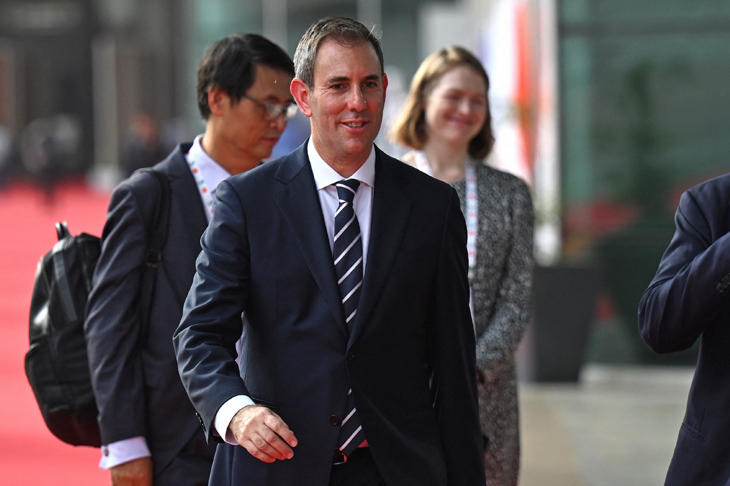
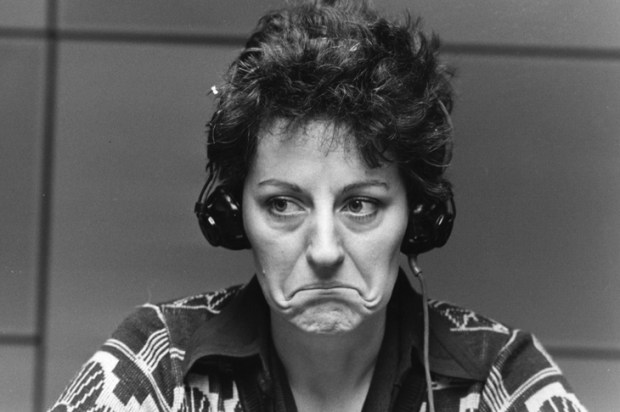
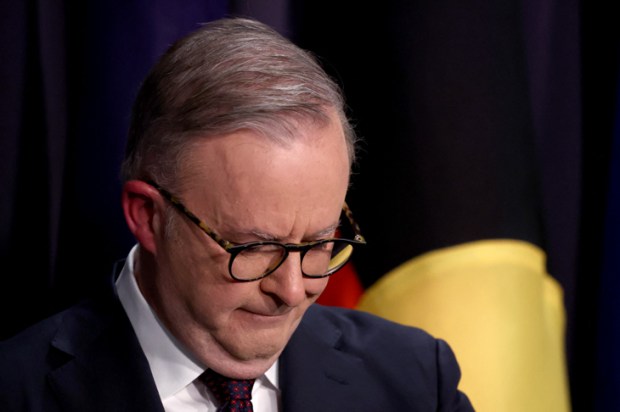
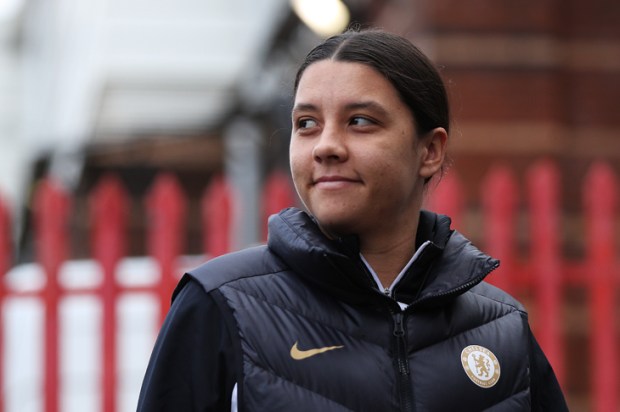

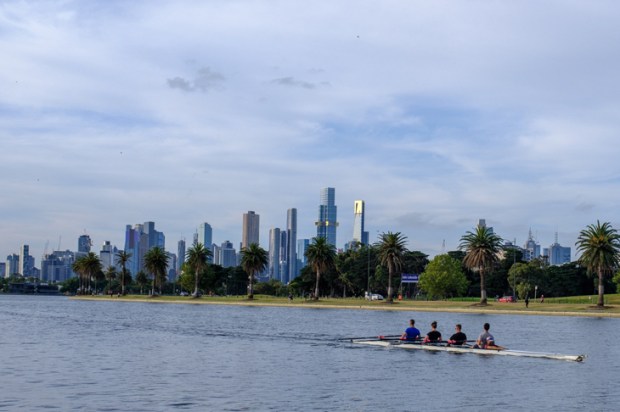
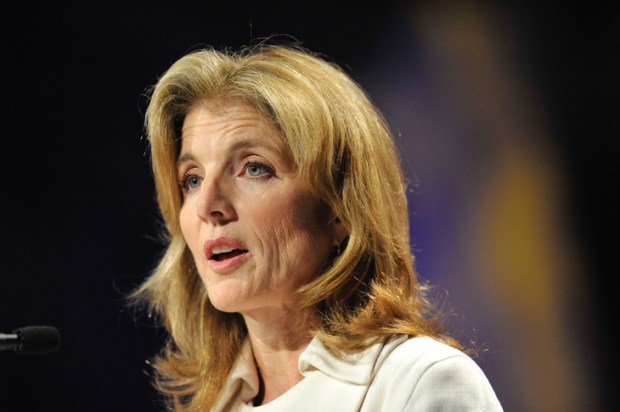






Comments
Don't miss out
Join the conversation with other Spectator Australia readers. Subscribe to leave a comment.
SUBSCRIBEAlready a subscriber? Log in